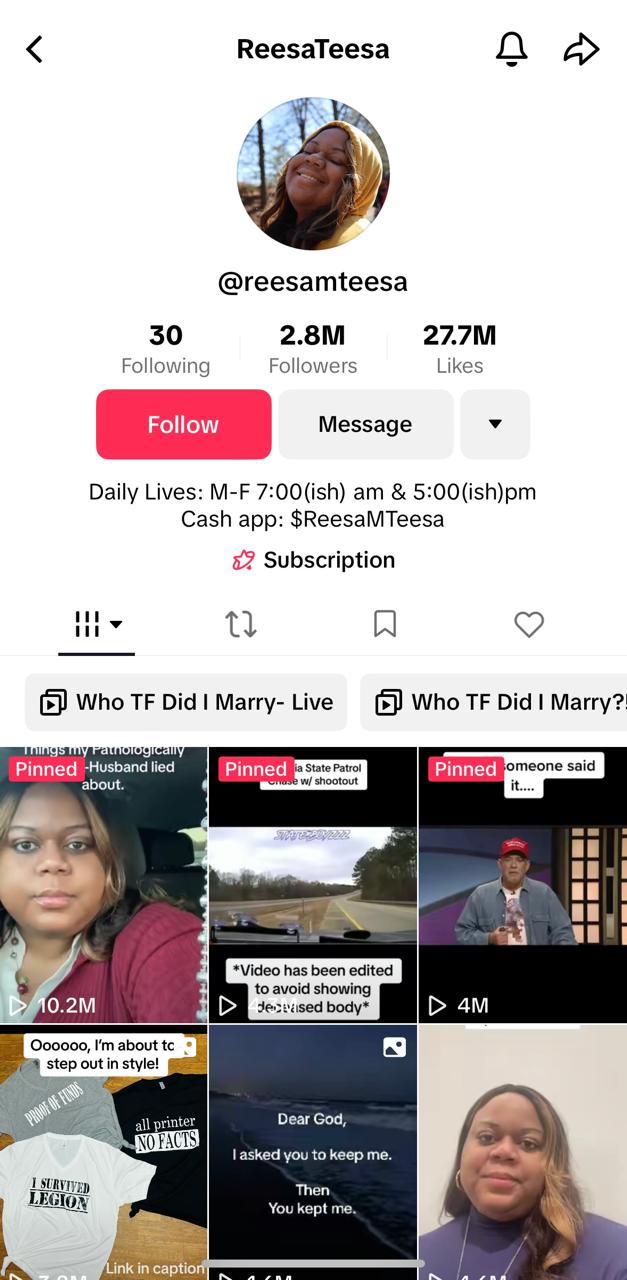In the age of social media, influencer marketing has become a powerful tool for brands seeking to engage with their target audiences. With the rise of internet personalities and social media stars, companies have found new ways to reach potential customers through endorsements and collaborations with these digital influencers. However, the Federal Trade Commission (FTC) has been closely monitoring this growing trend to ensure that consumers are not misled by deceptive marketing practices.
In response to the evolving landscape of influencer marketing, the FTC has recently revised its "Guides Concerning Use of Endorsements and Testimonials in Advertising" and the accompanying "FTC’s Endorsement Guides: What People Are Asking" publication. The updated guidelines provide further clarity on the responsibilities of companies when engaging with social media influencers and the disclosures required to maintain transparency.
For businesses using influencers as part of their advertising strategy, it is essential to understand the implications of the updated guidelines. The FTC has reiterated that companies are liable for misleading or unsubstantiated statements made through endorsements or for failing to disclose material connections between themselves and their endorsers. This means that brands must ensure that influencers' claims about their products or services are truthful and adequately substantiated.
One significant addition to the guidelines is the emphasis on having a reasonable program in place for monitoring influencers' compliance with the guidelines. The FTC recommends that companies provide clear instructions to influencers regarding the permissible claims they can make about the products, ensuring they do not go beyond approved health claims or other verified statements. Regular monitoring of influencer content is crucial to identify any potential issues promptly.
Equally important is the proper disclosure of material connections between influencers and the brands they endorse. The FTC requires influencers to clearly and conspicuously disclose their relationship with the brand to avoid deceiving consumers. Businesses should collaborate closely with influencers to ensure compliance with these disclosure guidelines, leaving no room for ambiguity.
In the context of intermediaries, such as advertising agencies, the FTC's updated guidelines also highlight the need for clear instructions on monitoring and takedown procedures for non-compliant posts. Companies should work closely with these intermediaries to implement robust procedures for identifying and removing content that does not align with the FTC's requirements.
To comply with the updated FTC guidelines, businesses are advised to take the following key actions:
- Clearly communicate permissible claims to influencers, ensuring they stay within approved boundaries.
- Instruct influencers on the proper way to disclose their relationship with the brand.
- Implement a comprehensive monitoring program to track influencer content regularly.
- Collaborate with intermediaries to ensure that they are aware of monitoring and takedown procedures.
By adhering to these actions, companies can foster transparency in their influencer marketing campaigns and mitigate the risk of regulatory scrutiny. Additionally, maintaining compliance with the FTC's guidelines will safeguard the credibility of both the influencers and the brands they represent.
As the influencer marketing landscape continues to evolve, companies must be proactive in navigating the regulatory framework and staying abreast of updates to the FTC's guidelines. By prioritizing transparency and consumer trust, businesses can leverage the power of influencer marketing responsibly and effectively reach their target audience in an ethical manner.
In conclusion, the FTC's updated guidelines underscore the importance of transparency and compliance in influencer marketing. By understanding and adhering to these guidelines, businesses can build meaningful and authentic relationships with influencers, gain consumer trust, and drive successful marketing campaigns that resonate with their audiences.






